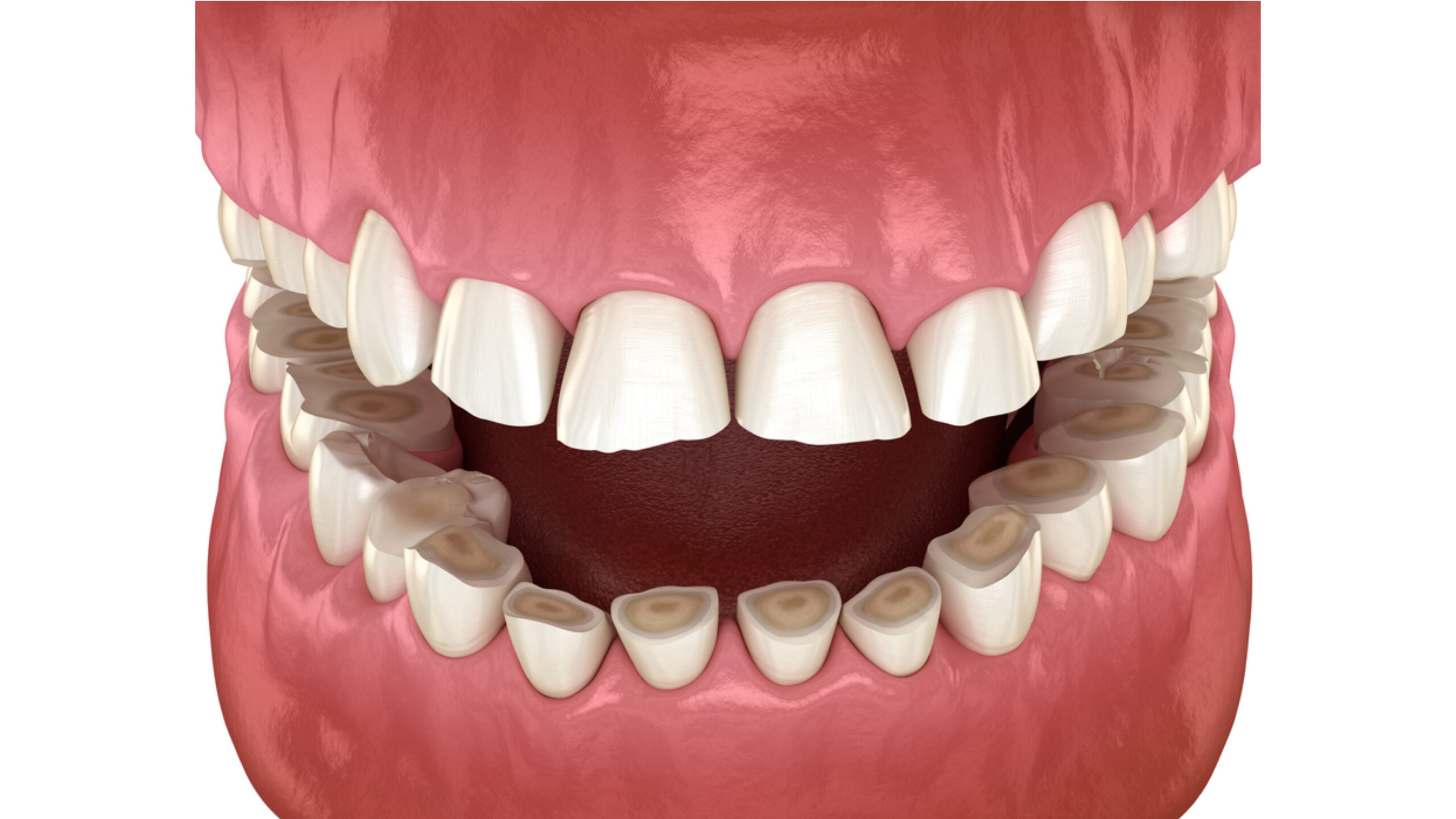
Symptoms
Clinical Features
Symptoms
Clinical Features
Psychological Factors Play a Significant Role in Contributing to Bruxism
Bruxism May Be Associated With Growth and Development in Children
Bruxism Is a Condition That Affects up to 30% of Children, Most of Whom Are Between the Ages of 5 and 6
Children With Severe Mental Retardation or Cerebral Palsy Are More Susceptible
Stress and Dental Issues Aren’t the Only Possible Triggers for Bruxism
It Can Be a Rare Side Effect of Certain Medications Such as SSRIs and Antidepressants